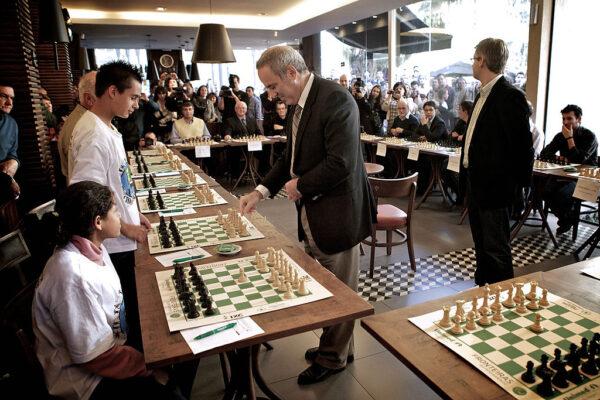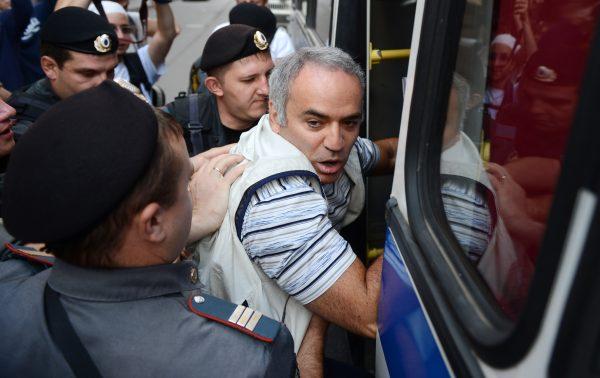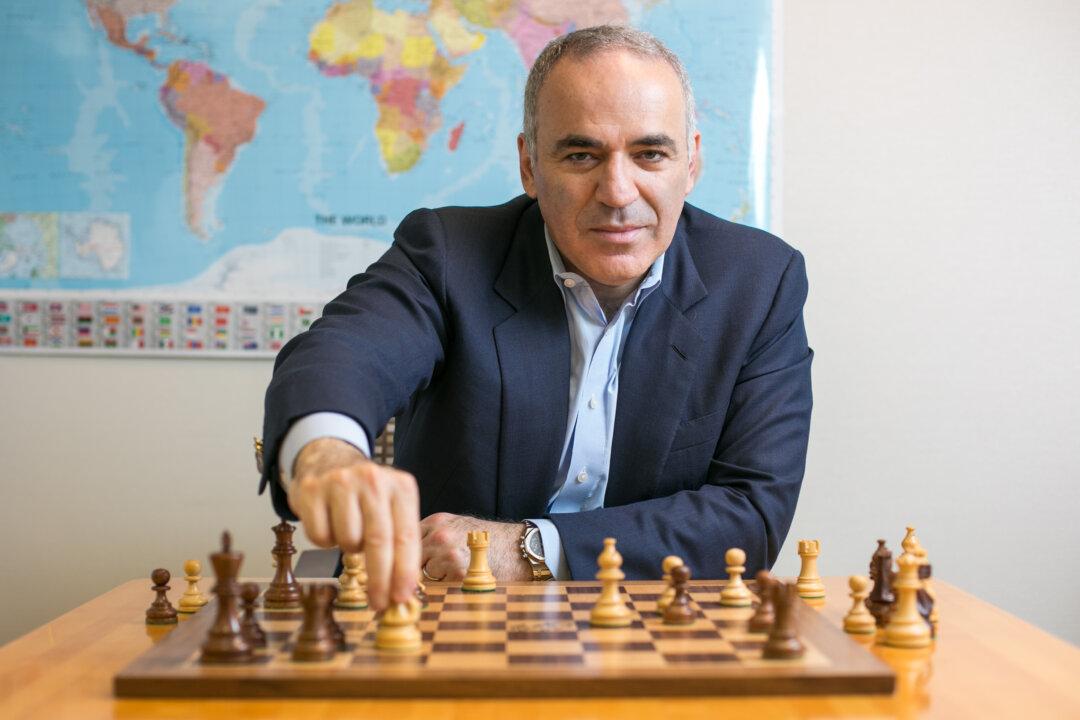Garry Kasparov, a Russian former world chess champion and now chair of the Human Rights Foundation, has told an Australian Senate inquiry that targeted Magnitsky-style sanctions are a “preventive medicine” against human rights abusers and authoritarian regimes.
“Knowing they exist, knowing the free world is ready to use them, is a strong deterrent,” he said.

Australia’s Joint Standing Committee on Foreign Affairs, Defence and Trade is conducting an inquiry into whether Australia should implement laws similar to the Magnitsky Act in the United States.
The Act is named after Russian lawyer Sergei Magnitsky who exposed major tax fraud committed by Russian officials to the tune of US$230 million. He was subsequently imprisoned, tortured, and died in 2009 after a year in a Moscow prison.
The laws target individuals found to be involved in human rights abuses. Sanctions include freezing the assets of officials, as well as banning travel into a country from the official, their family, and relatives.
Kasparov argued that a Magnitsky Act would be well-suited to counter the actions of modern authoritarian regimes:
“We say in Russia that every country has its own mafia, but in Russia the mafia has its own country.”
“That’s kind of a modern model now for other dictatorships, because modern dictatorships—I say they are unholy combinations of Karl Marx and Adam Smith,” he said.
Karl Marx is the forefather of communism, and Adam Smith is the forefather of free-market capitalism.
“They nationalise the expenses and privatise the profit. So, if sanctions are private, not national, they have maximum effect,” Kasparov added.
However, he warned of the need for consistency in applying sanctions, arguing the European approach to Russia has been piecemeal and ineffective against Putin’s regime:
“When you look at the overall relations between Putin’s regime and the free world, there are few reasons for Putin to worry, because after what happened in 2014, when Russia annexed the territory of a neighbouring country—the first time since Adolf Hitler did it in Europe … the free world did almost nothing.”

“I think the problem is that Putin does not believe that any policy based on sanctions is consistent and that he thinks that he can always find a way to split any coalition that is built against his imperialist policies,” Kasparov said.
After his retirement, he became involved in politics and established coalitions in opposition to Vladimir Putin.
Kasparov has regularly spoken out against Russia, China, communism, and socialism.





